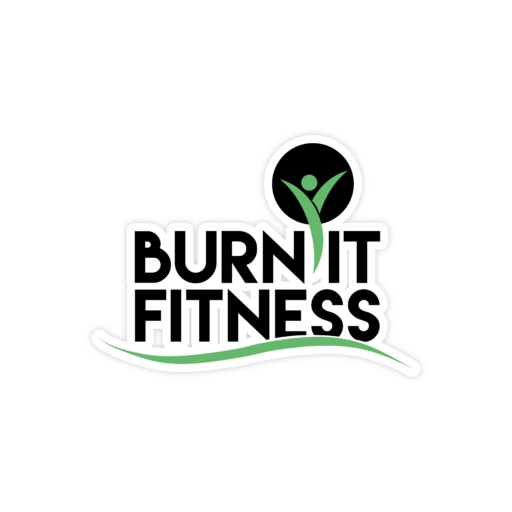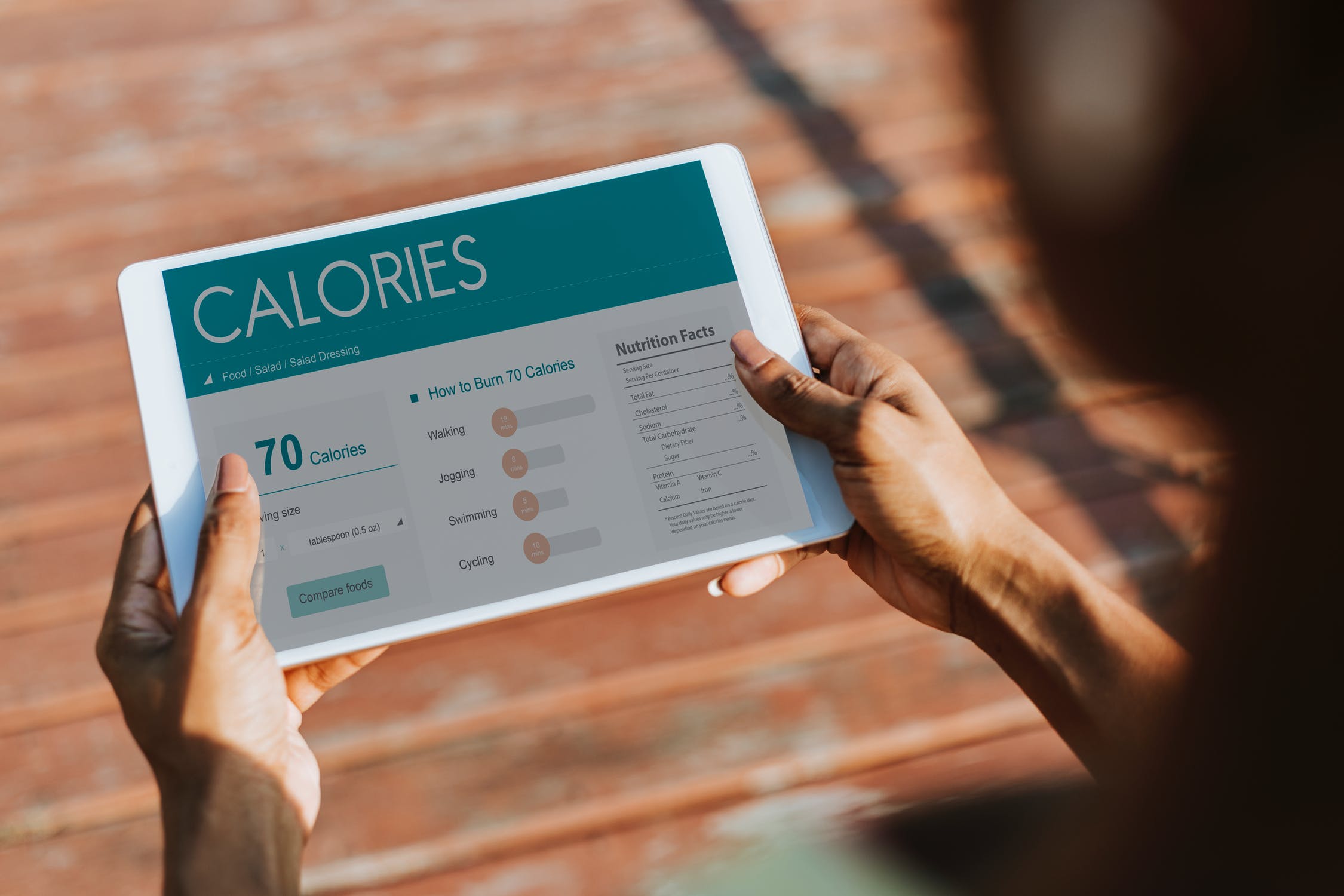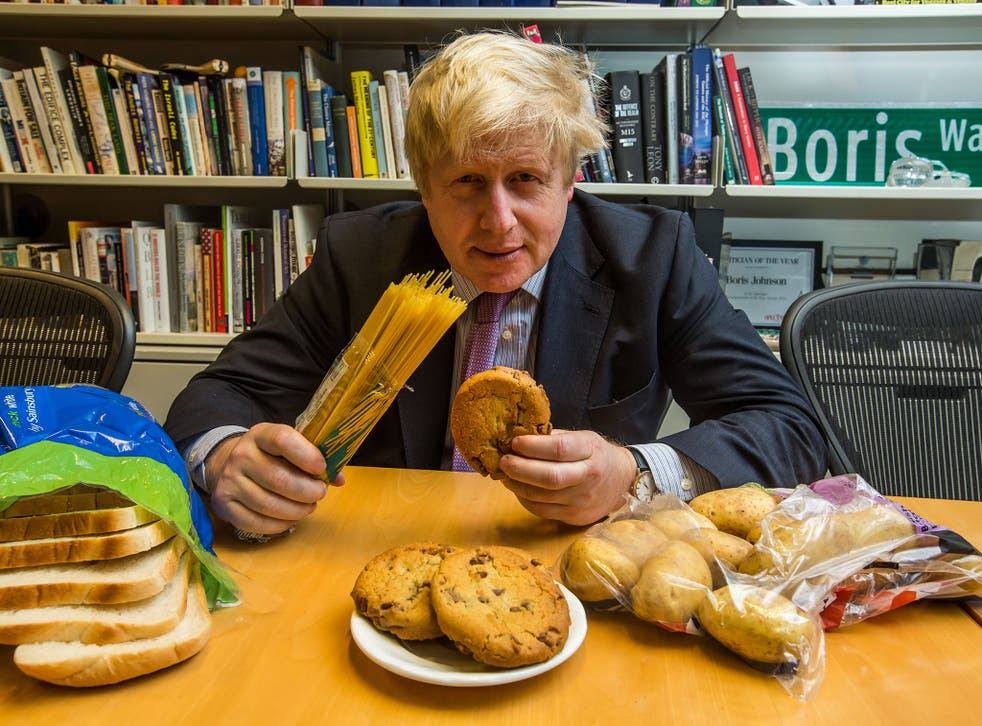Calorie deficit – what does it mean?
A calorie is a unit of energy. One calorie is the amount of energy it requires to heat up one gram of water by one degree Celsius.
The calorie we are used to seeing on food packets and when talking about our food and health is the kilocalorie (kcal), which is 1000calories. Also used on labels is the Joule (J) unit, which is the international standard for calculating this energy, 1 kcal is 4148J.
A deficit is when an amount, or balance of something, is in the negative.
A calorie deficit therefore is when calories in are less than calories out, or in other words you eat less energy than you use (a calorie surplus is the opposite).
In order for you to lose weight it generally falls to a simple concept of a calorie deficit requirement.
The ‘calories in vs calories out’ diets often come with the statement that to lose 1pound of weight you need to have a 3500 calorie deficit. On paper this could be made to look correct, but our bodies and hormones and nutrient requirements means this is simply not true.
The detail focused on needs to be in the surrounding and knock-on effects of reducing your food intake. If the calories eaten are comprised of rice cakes and celery sticks only, or are comprised of five bars of chocolate, as long as both are less than the calories used, you will lose weight by being in a deficit. Both however will also cause you vitamin deficiencies, mineral deficiencies, and cause all sorts of health, appearance, sleep, emotional and physical issues.
These are (hopefully!) only drastic exaggerated examples to show the in vs out argument isn’t as simple as first seems. The further the idea is explored the more it can be broken be down as a flawed statement by illness, medical issues, drug use, menstruation, etc. However, for the most part, a sensible calorie deficit will help you lose weight.
There a few ways in which you can be smart about dealing with and choosing the calories ‘in’ to avoid the above scenario occurring and keeping your body and mind healthy. Despite self-proclaimed Facebook health experts, Instagram influencers and everyone that pushes low cal, low fat, low fun, low flavour packets of dust as a weight loss tool, the question wanting to be asked isn’t ‘how do I create a calorie deficit to lose weight?, it really is; ‘How do I get all the nutrients I need, without consuming more energy than I need?’ and this can be done without eating so little you’re constantly hungry and thinking about food.
Firstly it’s good to be aware that the more difficult you make your calorie deficit, the less likely you are to achieve it, or maintain it – super restrictive diets, cutting out all your favourite things, or trying to force too many new habits at once is likely to make you crack and give it all up and go back to your old ways.
Pile your plate with vegetables as an easy first way to create a calorie deficit on your plate, without altering the amount you can eat. It will still be a plateful you’re having, or even a bigger piled plate in some instances, but just with altered proportions of what is on it.
Swap foods for items that don’t take away from being able to eat or drink so don’t feel like a big cut back – if you snack on cereal bars and trail mix in the office, swap for chunks of watermelon, if you drink cans of coke, swap for cans of fizzy water – you can still have the 11am break and open a snack tub and a can, but just alter it slightly to make a big change.
Liquid calories are almost always undercounted. Your drinks have a lot more calories than you realise. (Coffee beans and hot water is a coffee – the cream, sugar, syrup, chocolate mixture from Starbucks is more like a dessert… and you wouldn’t have a hot fudge sundae every day on the commute to work). Getting and keeping your liquid intake high is important, but just be aware that water and tea are good first options, sugary fizzy drinks and high calorie hot drinks should be a treat.
Try and establish a regular eating pattern – eat at the same times and if possible at the same place (eg a dining table) to make eating easier to keep track of. Grazing all day makes it difficult to remember exactly what you’ve eaten.
By attending your Burn It classes you’re already increasing your calories burned in a great way, but where else can you add in little healthy boosts? Can you walk more to/from work, or take a stroll on your lunch break? Do most evenings after work involve sitting on the sofa and so could even standing to use your laptop or limiting yourself to only one hour episodes on Netflix at a time help you be less sedentary?
Not all exercise has to be hugely difficult and break you into a sweat, but forming little habits can be invaluable in the long run – everyone knows the advice to take the stairs instead of the escalator, or get off the bus early, or park at the far end of car parks, but do we practice this often enough that it is actually how we do things?
You need to eat well and get plenty fresh air and sunshine so you feel bright and energetic and keen for your next Burn It class, and also so you’re full of energy to explain to the fortified dust brigade why you’re better off with real food!
Summer is also a great time to get in the habit of eating lots of vegetables, fruits, water, making massive salads with lots of tasty added extras because of what is stocked in shops, and getting active and out of the habits that have been hindering you – enjoy the warm weather in the best ways you can!





